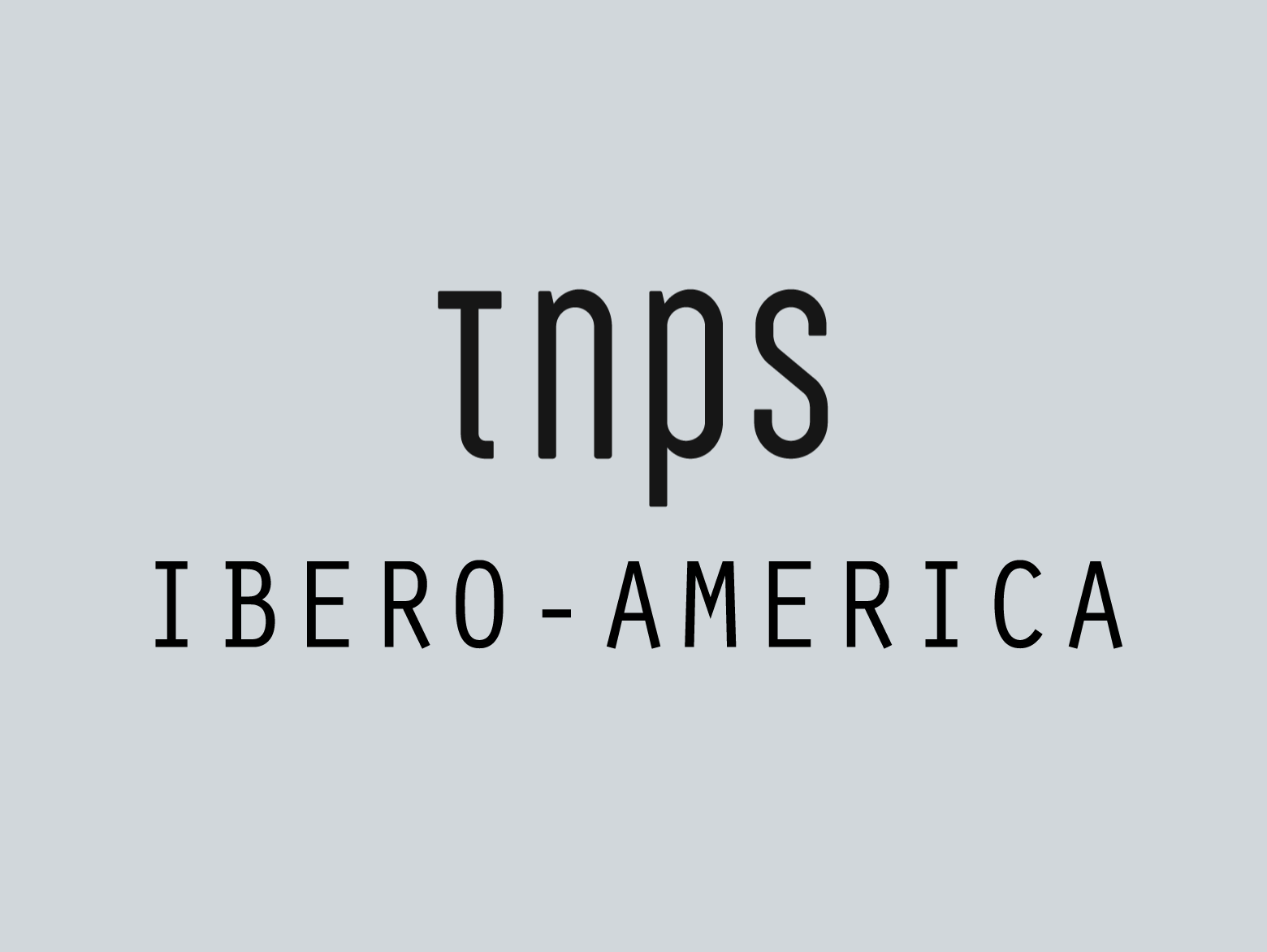It’s been more than four years since Amazon launched in Mexico in 2013 with its spearhead Kindle ebook store, branching out into physical goods in 2015.
This week Amazon finally bowed to the inevitable next stage of glocalisation and started accepting cash payments to try hold its own against rival Walmex, as WalMart’s Mexico arm is known, and to try compete with the market leader, the Latin America e-commerce giant Mercado Libre, which hails from Argentina.
Mercado Libre doesn’t sell ebooks (just pirate PDFs, from a quick scan today) but competes with Amazon on most other products..
Mercado Libre has long understood that in Latin America cash is king, with few people owning a credit card and even fewer willing to risk using them online for fear of fraud. Mercado Libre accepts cash payments at convenience stores across the country which are credited to a Mercado Libre account so Mexicans can buy online. Now Amazon has finally followed suit.
While not especially aimed at the ebook buyer, the move will hopefully boost the sales of ebooks, too. Reliable data on ebook sales in Mexico is hard to come by, but anecdotal evidence suggests there are no clear front-runners, with Amazon, Apple, Kobo and Google Play all seeing steady but not exceptional sales.
The problem for all of them, aside from payment options, is localised content.
The Kindle store, for example, launched in August 2013 with two million ebooks to choose from. But only 70,000 were in the local language, Spanish.
Fast forward four years and the Kindle Mexico store offers an impressive 5,217,180 ebooks, But 4,664,488 of them are not in Spanish. Which by any rational method of subtraction means there are still only 552,692 Spanish language titles available.
The same reasons for the failure of ebooks to take off in France applies in Mexico and the other Spanish-language markets. From The New Publishing Standard:
In the US the Kindle store, which famously opened ten years ago next month, was originally only for mainstream publishers, and tootled along without having much impact, for the twin reasons that there was very little content, at high prices, that made an investment in an e-reader not worthwhile.
That all changed in 2009-10 when the US Kindle store was opened up to indie authors and the UK Kindle store opened.
This had the twin effects of
a) massively expanding the number of titles available, as both US and UK authors were writing in subtle variations of English (British English authors faced some negative feedback in the US in the early days as so few American were familiar with British English spellings) ,and
b) massively expanding the number of low-priced titles available, with pioneer indie authors like Amanda Hocking and John Locke leading the way.
The rest, as they say, is history.
But this phenomenon has yet to be repeated elsewhere in the western world, and one key reason is that there isn’t any comparable flood of titles in other languages to act as the tipping point.
For languages with a small demographic this is going to be a long-term problem that will act as a brake on global ebook expansion for a good few years yet.
In a country like Denmark, with just 5.7 million people – fewer than New York – there is unlikely to ever be a huge number of self-publishers offering low-priced content to create that tipping point. No doubt one reason a Kindle Demark store is an unlikely prospect, even though Apple and Google Play have localised stores and ebooks have proven popular in Denmark through subscription services like Mofibo (now part of Storytel).
For Mexico, the prospect is brighter. There are 500 million Spanish speakers around the world, with a high concentration in the USA (more Spanish-speakers than Spain!).
But it was only this year Amazon actually made the Amazon US store available in Spanish, and Spanish-language readers and authors across Latin America outside of Mexico still have no local Kindle store. As yet there seems little probability that will change.
In Mexico and across Latin America the problem is one that relatively few books are sold, therefore relatively few are produced. It’s not so much that people don’t want to read – the Buenos Aries International Book Fair gets more than a million visitors each year – as that the analogue infrastructure of bookstores and distribution is uneconomical, offering little choice at high prices.
Digital will, in time, reverse those fortunes, and the move by Amazon to accept cash payments in Mexico is a step in the right direction.
But for most of Latin America the drive towards digitalisation will happen in the absence of the western world’s biggest ebook player.
For most Latino readers, if they think of Amazon at all, they think of a river in South America.






I know nothing about the Spanish language, so I’ll ask:
Do the various countries that speak Spanish have enough similarities to share book sales, or is there differences similar to UK/US English?
There are differences, but akin to American and British English – that is to say, not enough to cause any major problems.
Brazilian and European Portuguese is a different story and while understood both sides of the Atlantic is not so interchangeable. Best to opt for separate editions for Brazil and Portugal if looking at translations.